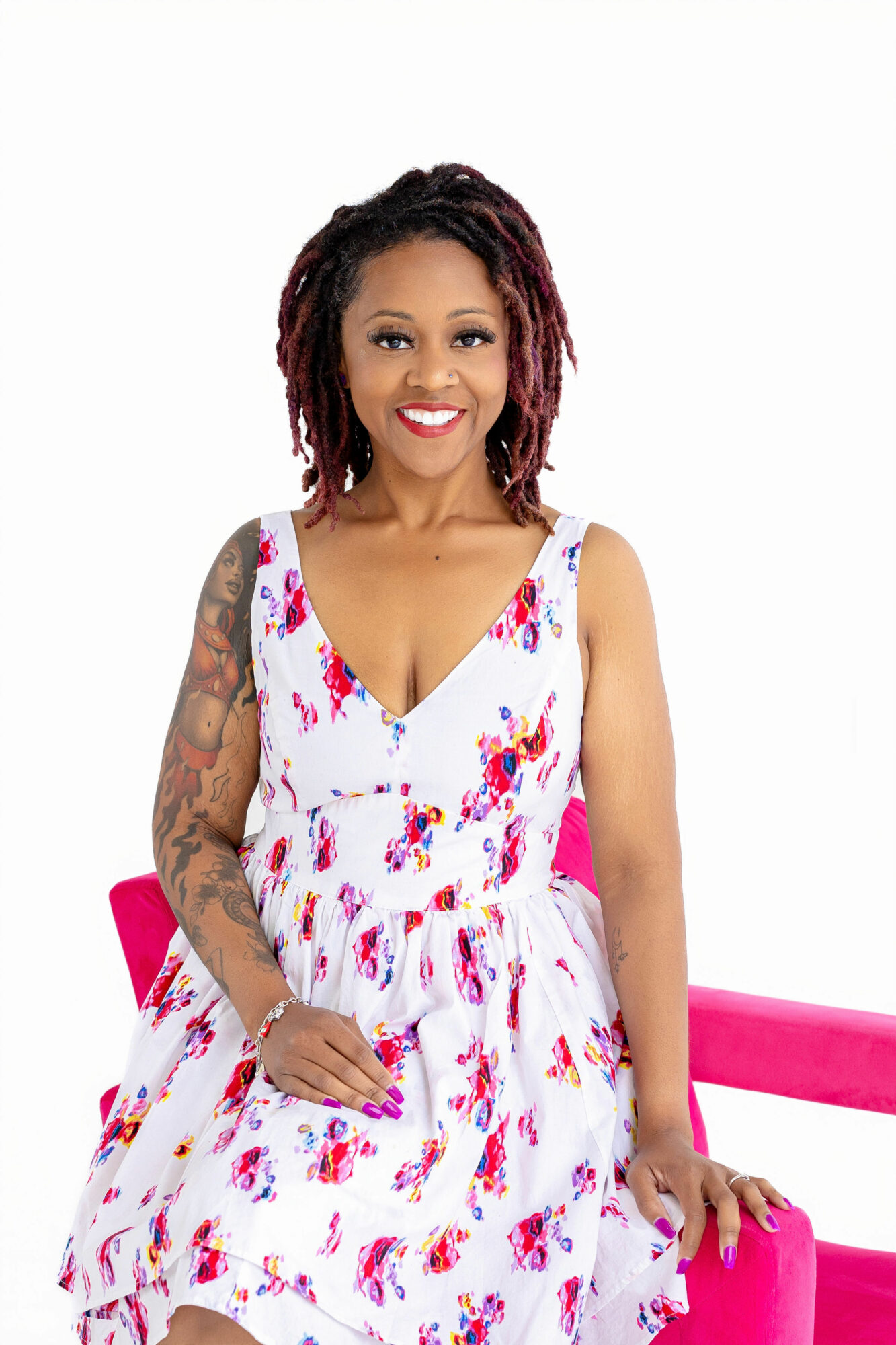

We’re looking forward to introducing you to Kayla Smith. Check out our conversation below.
Hi Kayla, thank you so much for joining us today. We’re thrilled to learn more about your journey, values and what you are currently working on. Let’s start with an ice breaker: What do you think others are secretly struggling with—but never say?
What I’ve noticed, both as a clinician and just as a fellow human being, is that so many people are secretly struggling with feeling like they’re “too much” or “not enough.” It’s this quiet, internal tug-of-war. One moment feeling like your emotions are too big for the room, and the next feeling invisible, like you don’t matter.
Most people won’t say it out loud, but it shows up in how they overthink before speaking, how they apologize for their needs, how they downplay their successes. It shows up in perfectionism, procrastination, even in humor. At the root of it is this deep fear of being unlovable if someone really saw the full picture.
I think we all carry this question somewhere inside us: “If I were truly known, would I still be accepted?” That tension, between our need for connection and our fear of rejection, is one of the most universal and most quietly carried struggles I’ve come across.
But the beauty in my work is that I get to witness what happens when someone finally allows themselves to be seen, and realizes they were worthy all along.
Can you briefly introduce yourself and share what makes you or your brand unique?
Hi, I’m Dr. Kayla Smith, a Licensed Clinical Social Worker with a PhD in Philosophy, and I serve as part of the leadership team at Helen’s Project, a mental health and wellness non-profit organization based in Texas. At the heart of our work is a deep commitment to making mental health care accessible and affordable for all, because we believe everyone deserves the chance to heal, regardless of background, income, or insurance status.
At Helen’s Project, we offer individual therapy, group support, and community-driven wellness services for people navigating trauma, life transitions, identity exploration, and emotional overwhelm. What makes us unique is the way we meet people where they are—culturally, emotionally, and financially. We don’t approach care with a one-size-fits-all mindset. Instead, we create space for people to feel seen, heard, and supported as their full selves.
My own background in clinical work and philosophy has taught me that healing is not just about managing symptoms. It’s about reconnecting with your sense of meaning and self-worth. That belief is woven into everything we do.
Right now, we’re expanding our virtual services, growing our community outreach, and developing new programs that make care even more accessible. At the end of the day, this work is personal. I’ve seen what happens when someone finally feels safe enough to let their guard down and trust the process. It’s not always easy, but it’s always worth it.
Appreciate your sharing that. Let’s talk about your life, growing up and some of topics and learnings around that. Who taught you the most about work?
The person who taught me the most about work was my grandmother, Helen “Cat” Smith. She didn’t have a formal degree or a big title, but she had this incredible way of showing up for people, with strength, grace, and quiet determination.
She was the kind of woman who made a lasting impact without needing to be in the spotlight. Whether she was caring for the elderly, ushering at church, or running her own business, she led with service and love. She didn’t have a lot of material wealth, but what she gave to others — her time, her energy, her care — was priceless.
Watching her, I learned that real work isn’t just about the paycheck or the accolades. It’s about purpose. It’s about showing up for your community and doing what you can to make someone’s day just a little bit lighter. She taught me to lead with heart and to never underestimate the power of compassion.
Helen’s Project exists because of her. It’s not just named after her. It’s built on her legacy. Every time someone walks through our virtual doors and feels seen, heard, and supported, I know we’re continuing the work she started. She didn’t just care for people. She lifted them. And that’s the standard I carry into everything I do.
If you could say one kind thing to your younger self, what would it be?
If I could say one kind thing to my younger self, it would be this: You are not too much, and you are not falling behind.
I would tell her that the way she feels deeply, the way she cares so much it sometimes hurts, is not something to shrink or hide. That sensitivity is not a flaw to fix. It’s a gift, and one day, it will help her hold space for others in ways she can’t even imagine right now.
I’d remind her that she doesn’t have to have it all figured out. That she can take her time, make mistakes, change her mind, and still be worthy of love and respect. I’d want her to know that the pressure she feels to always be strong, always be the one who holds it together, is heavy—but she doesn’t have to carry it alone.
There will be moments when she feels lost, misunderstood, or like her voice doesn’t matter. But I’d tell her to keep speaking, keep showing up, and keep trusting that even when things feel uncertain, she is still becoming exactly who she was meant to be.
And I would say this too: You are not broken. Nothing about you needs to be fixed in order for you to be loved. The future you is proud of you. She sees how hard you’re trying, how deeply you care, and how much you carry. And she’s grateful that you never gave up.
Because everything you’re walking through now is preparing you to be a light for someone else later. And that light will be powerful.
Alright, so if you are open to it, let’s explore some philosophical questions that touch on your values and worldview. What’s a belief or project you’re committed to, no matter how long it takes?
I’m committed to the belief that mental health care should not be a luxury or reserved for the few who can afford it. It should be a right—something every person can access with dignity and without shame. That belief lives at the heart of Helen’s Project, and I carry it with me every single day. No matter how long it takes, I will keep fighting for a world where mental health support is accessible, affordable, and rooted in equity.
This commitment is especially personal when it comes to serving the BIPOC community. Far too often, Black and Brown individuals are overlooked, underdiagnosed, or misunderstood in traditional mental health systems. We are asked to be resilient, to be strong, to keep pushing through—but not always given the tools or safe spaces to tend to our emotional and psychological wounds. That has to change.
At Helen’s Project, we are building something that reflects the lived realities of our people. We create care that speaks to our stories, our culture, and our truth. Whether through trauma-informed therapy, community education, or culturally responsive support groups, every piece of this work is designed with intention. And I know it won’t happen overnight.
Systemic change takes time. But even if it takes years or decades, I’m committed to continuing the work. I’ll keep showing up for the ones who’ve been told they have to be strong all the time. For the ones who were never asked how they were really doing. For the ones who didn’t see themselves in the therapy room.
Because I believe in a future where our communities—especially BIPOC communities—can access healing without barriers, stigma, or silence. And I won’t stop working until that future is real.
Okay, so let’s keep going with one more question that means a lot to us: What is the story you hope people tell about you when you’re gone?
I hope people say that I made them feel seen. That I created space for people to breathe, to be real, and to heal without having to earn it first.
I don’t need to be remembered for titles or accomplishments. What matters most to me is that people felt cared for in my presence. That I listened when it was hard to speak. That I stood beside those who felt invisible or unheard. And that I used whatever I had—my education, my voice, my resources—to open doors for others.
I hope people tell the story of a woman who built something that outlived her. Not just an organization, but a movement rooted in radical care, in justice, and in the belief that healing belongs to everyone. Especially to the ones the world too often overlooks.
I hope they say I honored my grandmother’s legacy well. That I loved like she did—with quiet strength, fierce faith, and an open hand. And that I lifted others the way she lifted me.
If my name is ever spoken, I want it to be in rooms where someone finally feels safe. Where someone takes a brave first step toward healing. Where someone remembers that they are not alone. That is the story I want to leave behind.
Contact Info:
- Website: https://www.helensproject.org
- Instagram: @helensproject
- Linkedin: https://helens-projectlinkedin.com/company
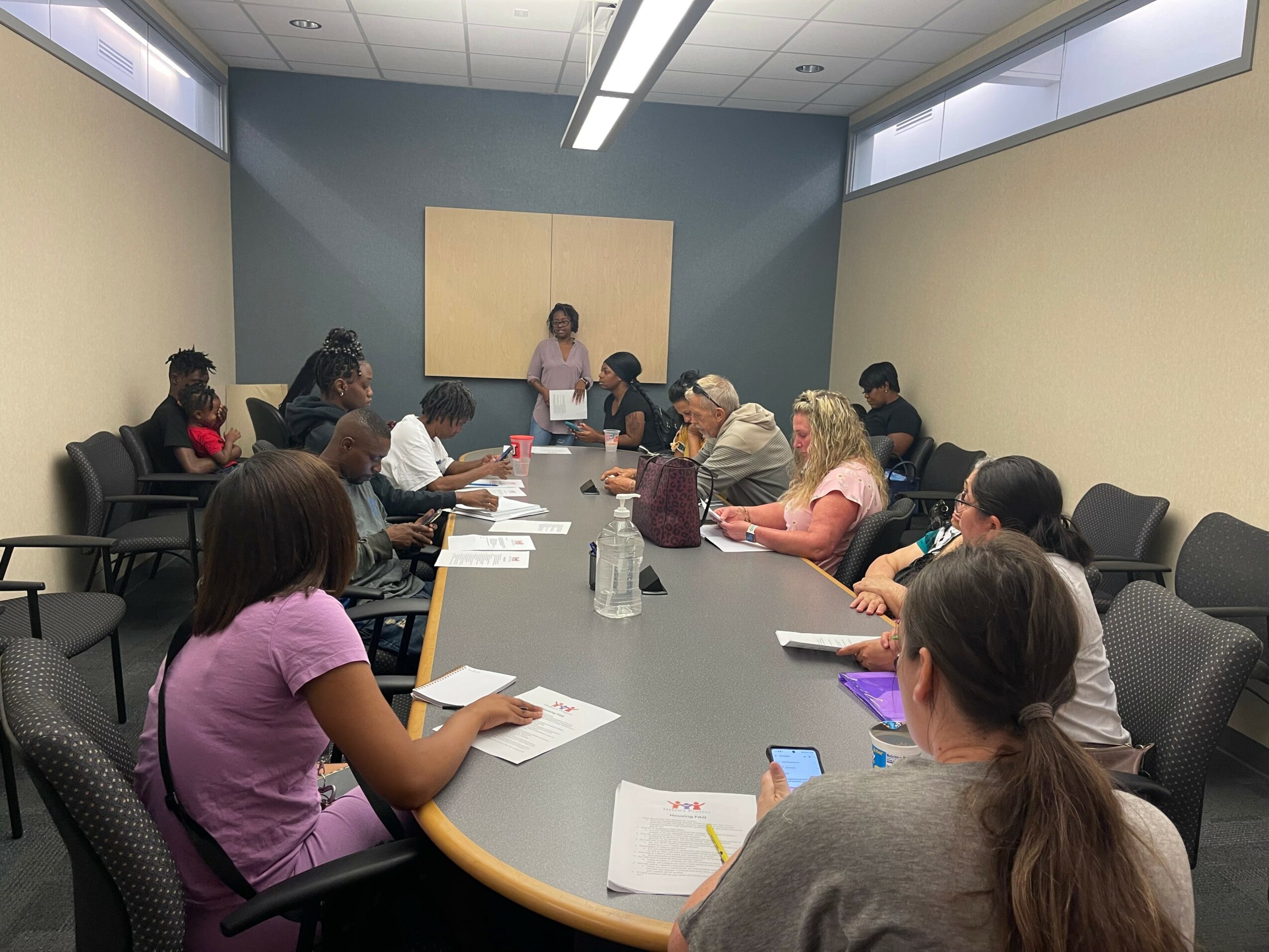
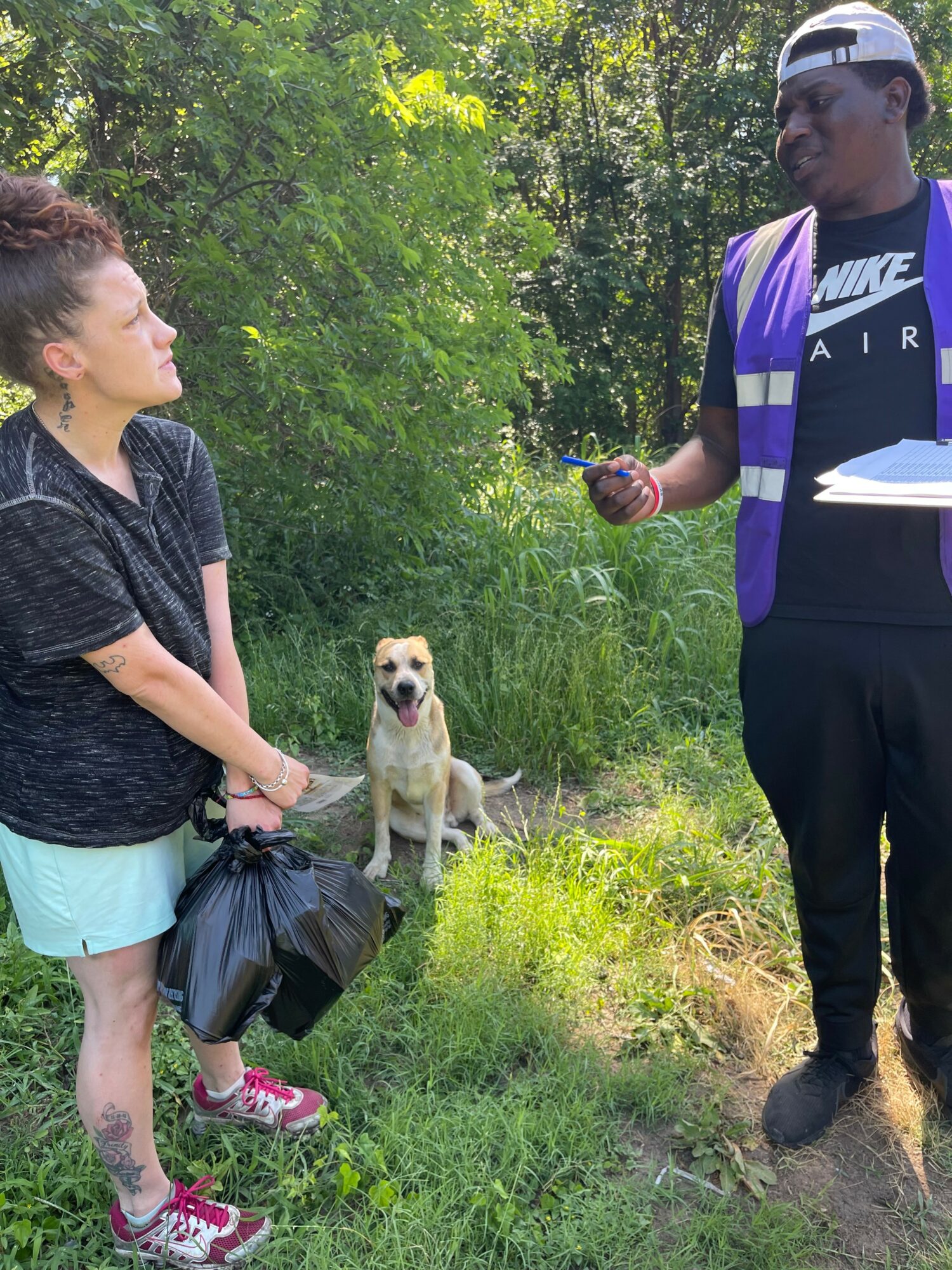
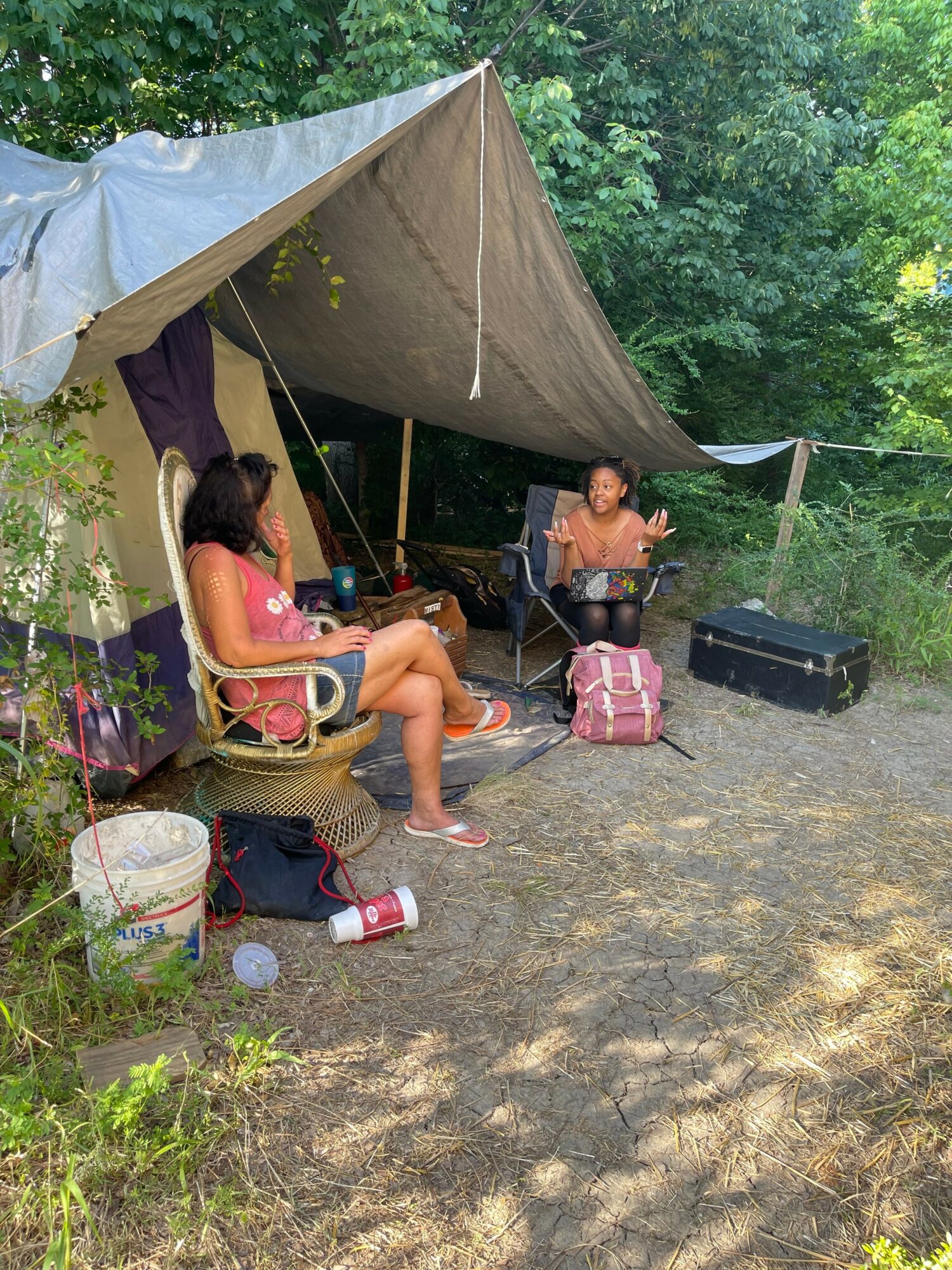
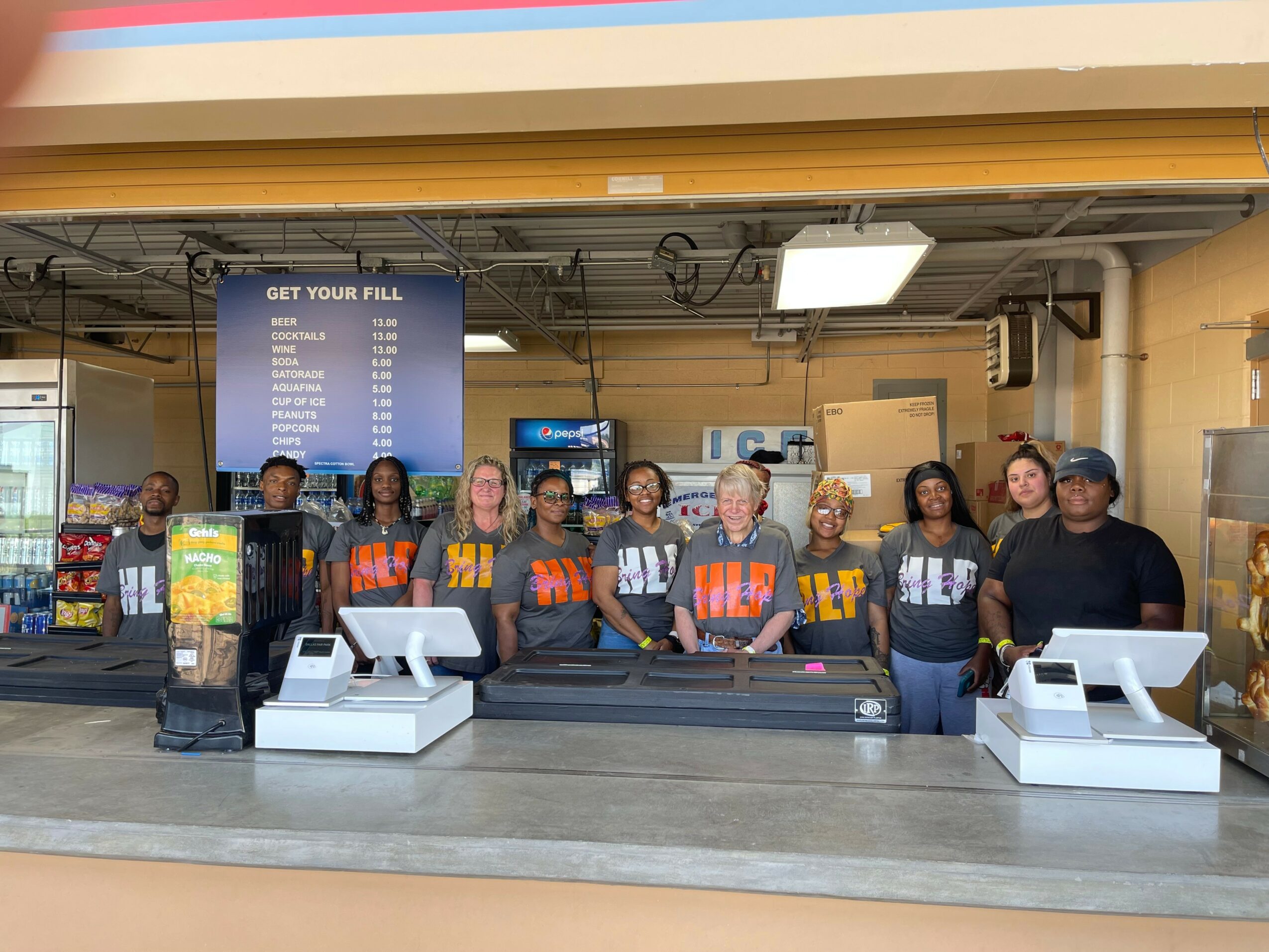
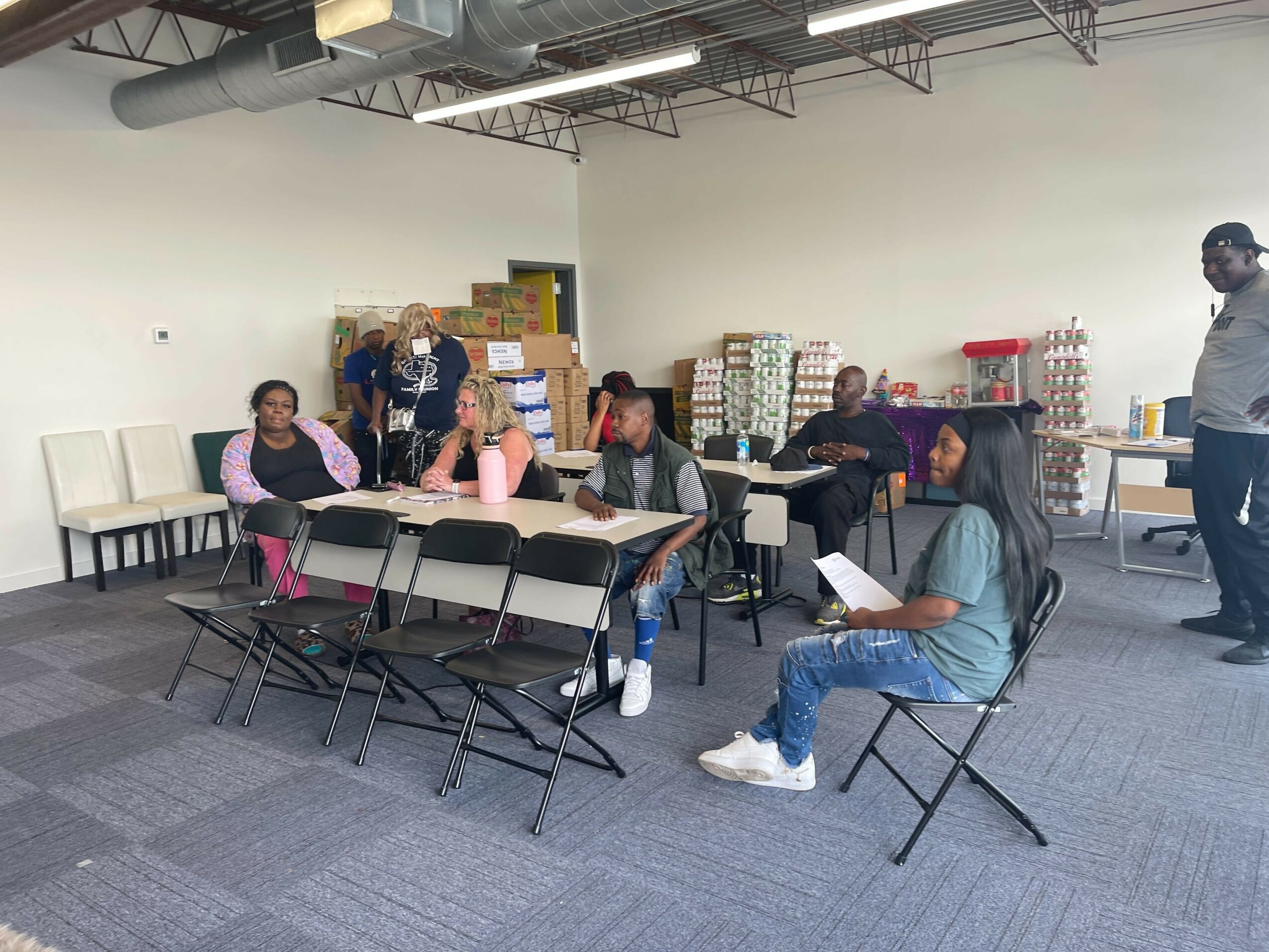
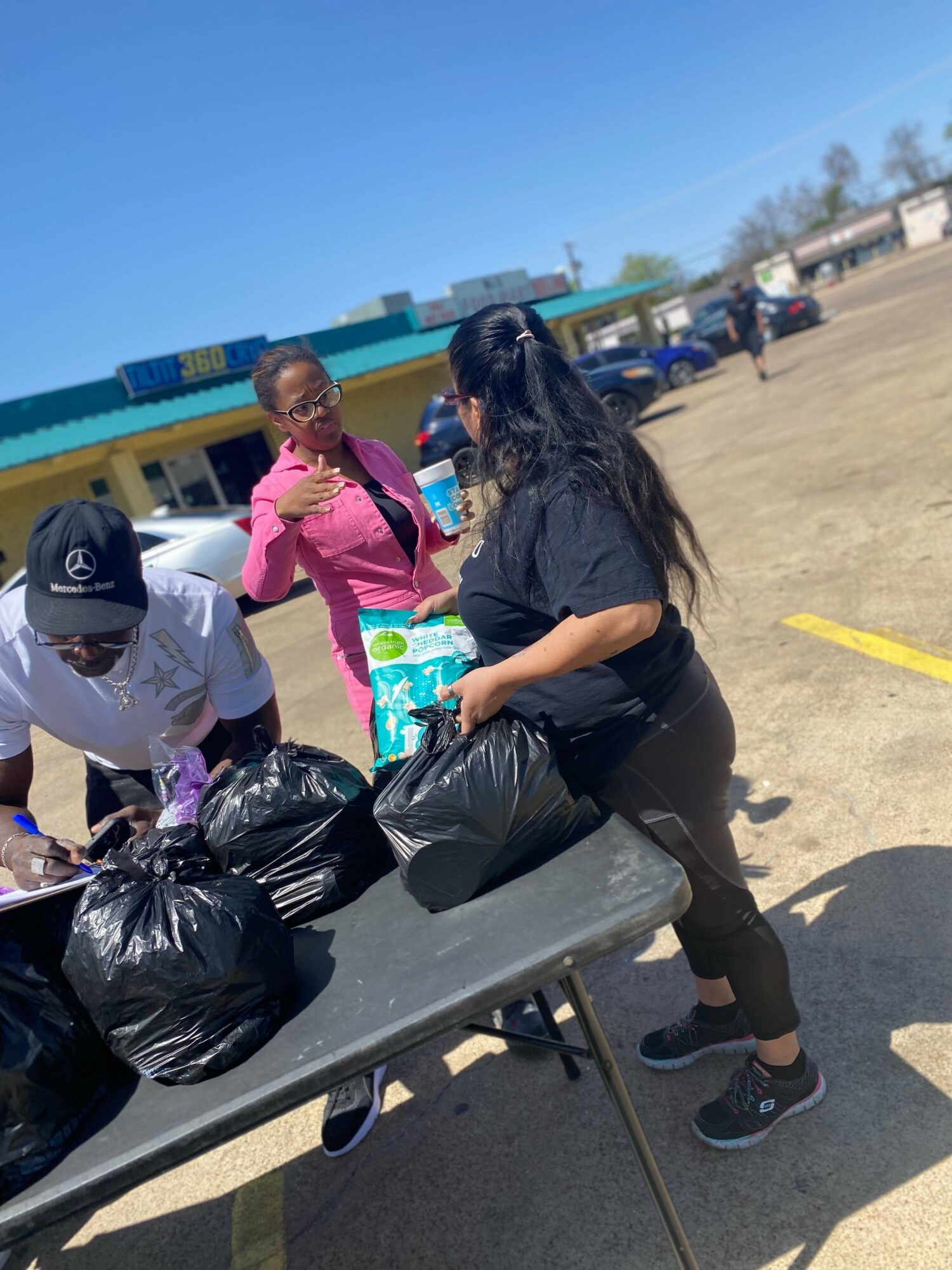
Image Credits
Kayla Smith










